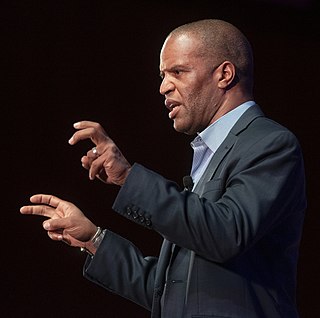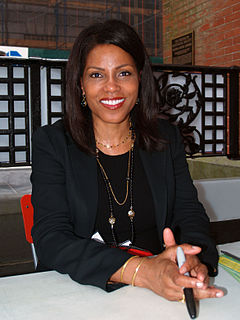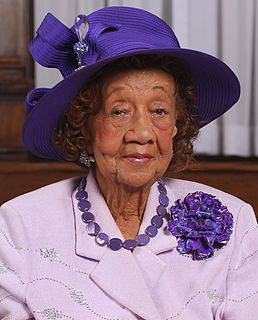A Quote by John Hope Bryant
Dr. King organized the Poor People's Campaign in 1968 to shut down Washington, D.C. and force legislators to tackle poverty. His efforts to shift focus from civil to silver rights were interrupted by his untimely death. He fought ardently for Black rights, but he also recognized financial literacy as the key to an America that was truly free for all people.
Quote Topics
Related Quotes
[Before the Civil Rights Act of 1964], many governments in southern states forced people to segregate by race. Civil rights advocates fought to repeal these state laws, but failed. So they appealed to the federal government, which responded with the Civil Rights Act of 1964. But this federal law didn't simply repeal state laws compelling segregation. It also prohibited voluntary segregation. What had been mandatory became forbidden. Neither before nor after the Civil Rights Act were people free to make their own decisions about who they associated with.
When you expand the civil-rights struggle to the level of human rights, you can then take the case of the black man in this country before the nations in the UN. You can take it before the General Assembly. You can take Uncle Sam before a world court. But the only level you can do it on is the level of human rights. Civil rights keeps you under his restrictions, under his jurisdiction. Civil rights keeps you in his pocket.
That was exciting to be able to comment on civil rights. I mean, the civil rights movement that young people don't know about today, but Martin Luther King was considered by the establishment press in the early years of the sit-in movement as a dangerous man, and he was the equivalent at that time as Malcolm X. And he was told to stop his demonstrations; they were against the law and all of that. Now that he's sainted and sanctified we've forgotten.
A rioter with a Molotov cocktail in his hands is not fighting for civil rights any more than a Klansman with a sheet on his back and mask on his face. They are both more or less what the law declares them: lawbreakers, destroyers of constitutional rights and liberties and ultimately destroyers of a free America.
There's this big debate that goes on in America about what rights are: Civil rights, human rights, what they are? it's an artificial debate. Because everybody has rights. Everybody has rights - I don't care who you are, what you do, where you come from, how you were born, what your race or creed or color is. You have rights. Everybody's got rights.

































